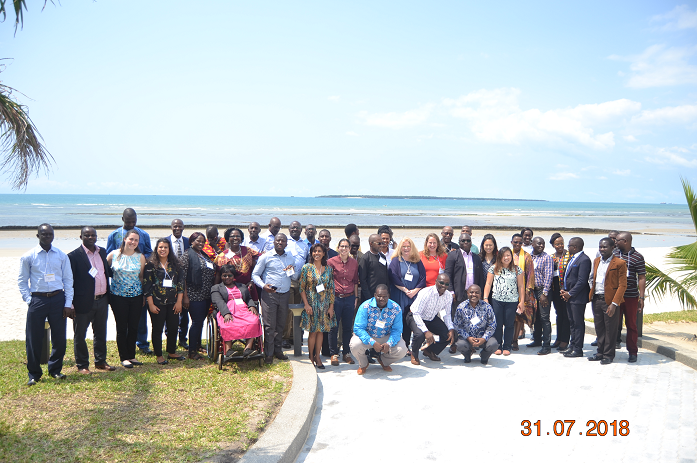
Access to quality contraceptive services is dependent upon sufficient and predictable support to family planning services and supplies, as well as investments in health systems that underpin family planning programs. Domestic, or public financing for family planning is essential to citizen accountability to improve services, and a health systems’ resilience to the volatile global aid environment. Despite progress mobilizing domestic resources for family planning in recent years, building country ownership over family planning programs in aid dependent countries remains a challenge. In most sub-Saharan African countries government investment is a small fraction of the total support required to meet the family planning needs of women and girls.
It is in this regard that Population Action International (PAI) organized a one week third Annual Family Planning Expenditure Tracking Meeting on Transparency and Accountability for Domestic Resources Mobilized. The meeting was organized between July 30th and August 4th in Dar es Salaam, Tanzania and was attended by among others, participants from PPD ARO.
This meeting set out to Finalize the baseline cross-country scorecard on government spending for family planning; Identify opportunities to use the scorecard to build pressure for governments to take on a greater share of funding needed for family planning; Identify opportunities to improve transparency of government spending on family planning; and explore potential opportunities to mobilize government funding for family planning as part of health financing reforms.
Attended by representatives from 18 countries; from the US, West, Central and East Africa (including the constituency of the Ouagadougou Partnership) the meeting validated, cross-national scorecard on government spending for family planning; identified national and regional opportunities to advance transparent access to information on government allocations and spending for family planning identified and made recommendations on transparency standards governing specific budget lines related to family planning.
As next steps, PAI and Samasha will continue working with the country teams (Malawi, Zambia, Tanzania and Uganda) piloting the FP expenditure scorecards for advocacy. Countries look forward to sharing experiences using the scorecard at next year’s meeting, as well as delving further into sub-national issues and applying the AFP SMART approach to budget advocacy. Next year’s fourth annual budget advocacy expert group meeting will take place in September in Malawi.
